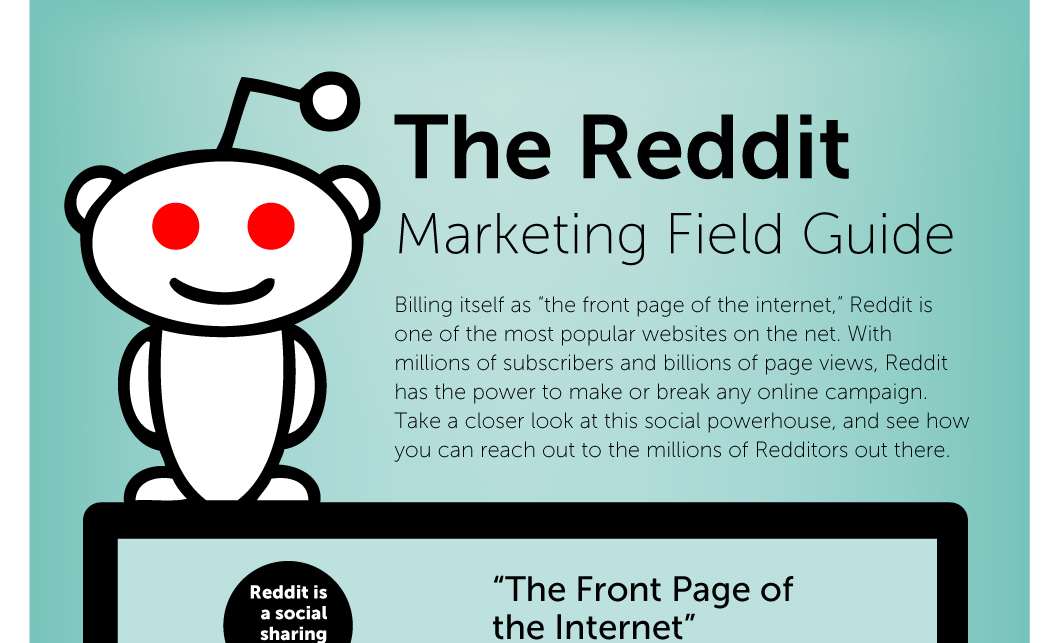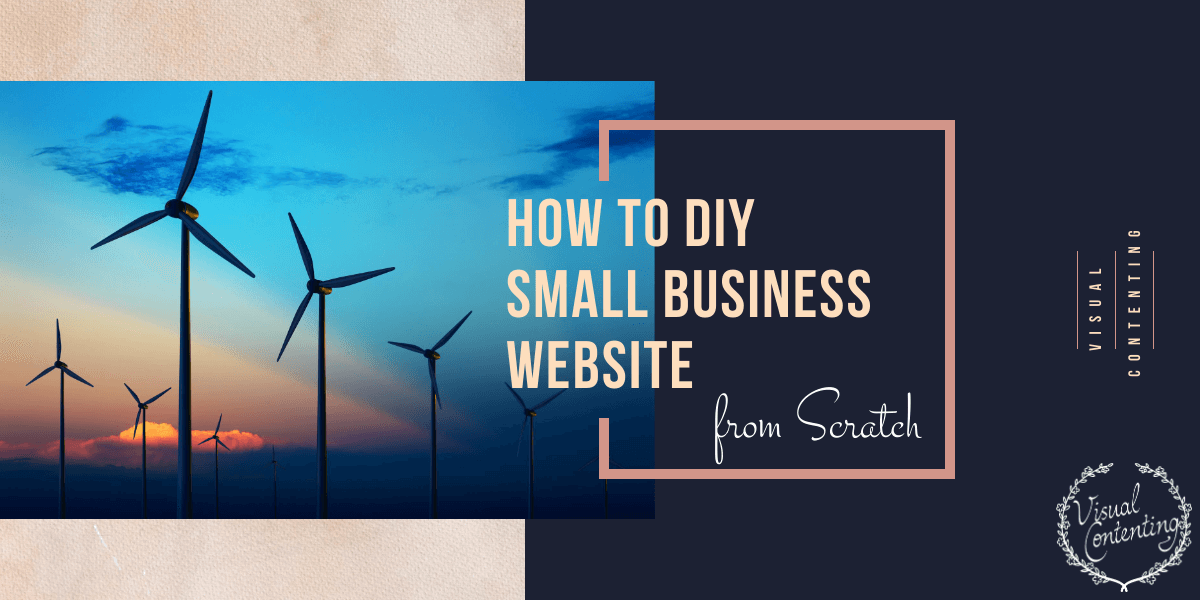As consumers, we rely on search engines to help us find all the things we're looking for from cinema listings to homes for sale, recipes to our nearest petrol station.
As a Digital Marketing Agency in London, we rely on search engines to filter our clients' content to their potential customers and to do this - their content needs to be optimised.
That's why Search Engine Optimisation (SEO) is so essential.
What Is SEO?
In simple terms, search engine optimisation is a strategy for improving your website's ranking in the search engine's non-paid results.
When you search for say 'homes for sale', the top two or three listings will belong to businesses that have paid for their content to appear at the top of search engine results. The non-paid results, are known as 'organic search results' and are earned through effective SEO strategy.

Why Is SEO Important?
Although paid advertising and use of other platforms will succeed in creating some traffic, the majority of online traffic is generated by search engines.
In fact, SEO has 20X more traffic opportunity than paid ads both on mobile and desktop.
But if you need more convincing, here are 5 reasons to optimise your content...
1) It Helps Build Your Brand
Building your brand, before anything else, requires you to figure out who you are and what you have to offer.
Similarly, the first step in optimising your content is deciding what keywords and phrases best encapsulate your brand and what it is that you do.
SEO works on the basis of keywords in your content matching the words used by people when they search for products and services like yours. So optimising your content and building your brand identity sort of go hand in hand.
The other key component of SEO is backlinks.
Recommended: How to Spy and Gain Advantage through Competitor Backlinks
You can have grade A content, but if nobody is linking to it then you’ll struggle to achieve a high ranking or possibly any ranking at all.
Make sure you are choosing keywords that truly represent your brand. SEO favours authenticity - follow these steps:
- Brainstorm keywords by pen and paper - this will help you find the words the business owner would like to rank for on Google
- Use keyword tools such as Uber Suggest or SEMrush to find the volume of the keywords and see if there is enough volume and high/low competition for the keywords you brainstormed
- Upon researching relevant keywords, begin to sprinkle them throughout the content and website in relevant places
*WARNING: do not abuse keywords as you can and will be penalised for excessive use.
2) It Makes You Credible
While paid ads are there simply because they're paid to be, organic results gain high rankings because search engine algorithms recognise them as being valuable.
Search engine algorithms factor in numerous things based on content that relates best to given searches.
1: People search
2: Search engines decide if your content is an authority based on their E.A.T guidelines
3: If your content ranks high in relation to Google’s E.A.T guidelines, your content's visibility in the SERPS is increased
3) It Generates Traffic
As we said earlier, SEO dramatically surpasses paid ads in generating traffic.
High ranking organic ads generate more traffic, and traffic converts more leads into customers - and that's always the end goal, right?
The other great thing about optimised content is that, when done correctly, success can snowball.
A great piece of content that earns high ranking for applicable keywords will, for lack of a better phrase, 'pay for itself'; by contrast, paid ads require constant funding in order to drive consistent traffic.
4) It Helps Your Target Audience Find You
A recent study on buyer's behaviour found that 62% of consumers use search engines to find out more about new businesses, products and services but only 41% use them to make actual purchases.
In addition, to get more business recognition you can use services like Google My Business and Local SEO. Both of these are free tools that help boost the visibility of your page amongst organic search results; both can help tremendously with people finding businesses.
This tells us that your online presence is key to building a foundation of understanding from your consumer about your brand. Optimising your content allows your online presence to become a secure, authoritative source of information, and visible to your target audience.
Of course, making yourself generally visible is important, but being the answer to a question from your potential customer is far superior in its effectiveness.
5) It's Simple To Measure

One of the most beneficial things about SEO is that you can measure numerous aspects of your results.
Search engines offer tools such as Google Search Console that records information about the SEO of a website. That is, your traffic, conversions and basically any metrics relating to your business that are worth knowing.
There's no need to cross-compare ad campaigns and try to manage various measurements of your progress across numerous platforms.
Another thing we can thank search engines for!
A Little About Tools
While it's great news for us small business owners that we are provided with so many helpful tools for every possible task, it can be a little daunting.
But worry not, here's a breakdown of the things we think are worth knowing when it comes to tools!
Keyword research will be one of your first steps to optimising your content.
Unfortunately, it's not as simple as picking your favourite words, or the ones you think fit best. There are trends you need to be aware of so you can put keywords in your content that actually match the keywords used when people search for products like yours.
Google Keyword Planner is a great way to find keywords.
You can find it through your Google Ads account to assist you in finding the perfect words and phrases to describe what you're advertising and thus optimise your content.
Another tool we think is pretty cool is Google Search Console.
Tracking the progress of your website is key to maintaining a good ranking. Google Search Console is a free service that sends you alerts when your site runs into issues such as spam so you know immediately if there's anything you need to troubleshoot.
Google Search Console also tracks backlinks and the keywords people are using to find you, as well as technical faults such as faulty mobile design.
Similarly, Google Analytics is a great tool and we highly recommend it.
Recommended: 6 Marketing Data Tools that Go Beyond Google Analytics
It's an excellent tool for monitoring your results and analyse in-depth detail about who is visiting your website and under what circumstances. There's a ton of important metrics to keep track of when it comes to websites and this tool makes it all a little easier.
So now you know a little more about what SEO is and why it's so important, and you have our recommendations for tools to help you out.
Now, what's your first step?
Typically, it all comes down to content!
The most important thing to keep in mind when optimising your content is your users. A common factor amongst the ever-changing algorithms that form the spine of SEO is that they want to provide the best possible user experience for searchers.
Search engines make money from searches, so return customers are as much in their benefit as they are yours!
It's also extremely important that your website is mobile-friendly - we can't stress this enough.
In 2016, smartphone internet usage exceeded desktop internet usage for the first time - and things haven't changed since!
So, it really is crucial that your website provides a great user experience for mobile users as well as desktop.
In terms of optimisation, if you take just one thing away from this article let it be the following.
Create content that is relevant to the needs of your target audience.
Make it informative but comprehensive, concise but covers all bases... and make sure it looks great on every device imaginable!
Related Posts

Tom Welbourne is the Director & Founder of The Good Marketer, a Digital Marketing Agency in London which works with Small Businesses to drive more traffic, generate conversions and increase sales.







[…] Read more: https://nrr.gce.mybluehost.me/2020/03/02/why-bother-with-seo-5-reasons-to-optimise-your-content/ […]